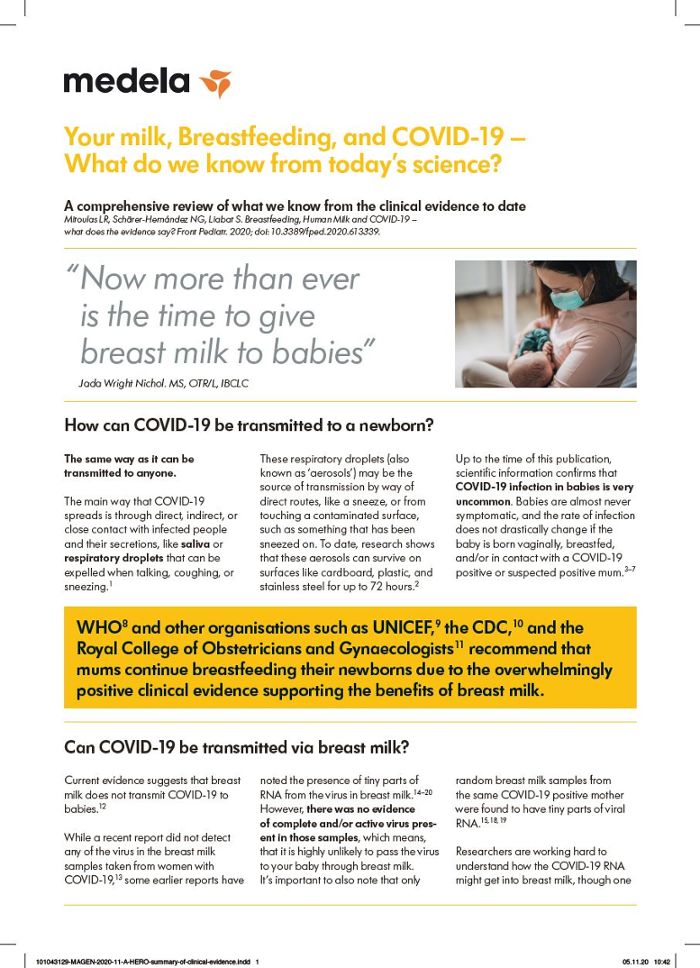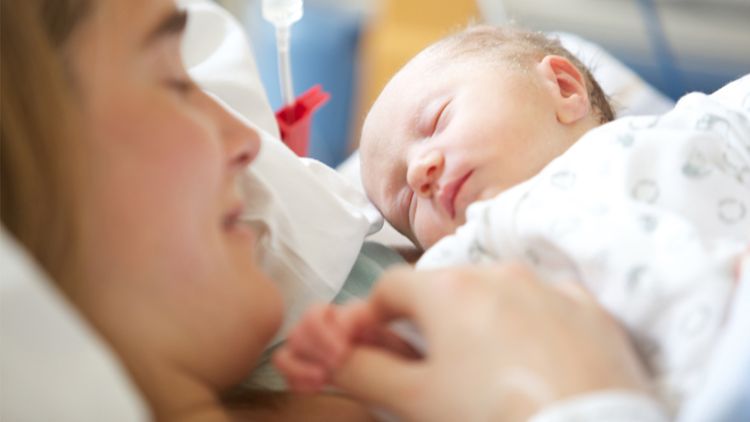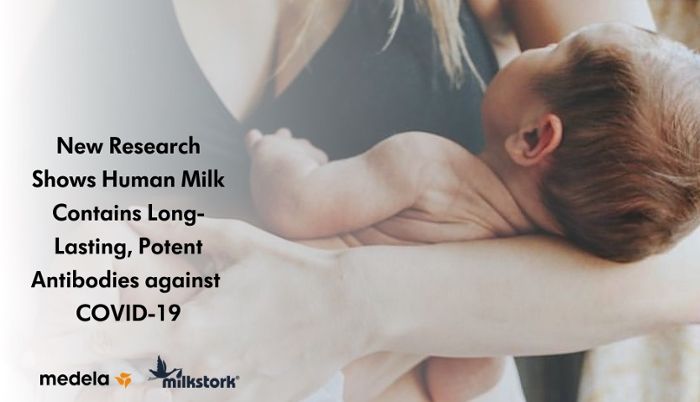Key findings
Market research conducted in Europe and the USA has shown that, despite a commitment to breastfeeding among both mothers and healthcare professionals (HCPs), COVID-19 has had a severe impact on maternity services and breastfeeding support services delivered.
The effects of COVID-19 include:
- Earlier discharge from maternity wards and neonatal intensive care units (NICUs)
- Increased separation of mothers and babies
- Restrictions on partners or other visitors
- Decreased in-hospital or community support for breastfeeding
- Increased use of breast-milk substitutes
Preserving breastfeeding in the age of COVID-19: A call to action
More than half of HCPs in the maternity wards and NICUs have reported significant challenges in clinical practice. With healthcare systems under considerable pressure and supporting staff reduced; midwives and breastfeeding specialists are being most affected.
As a result, new mothers lack essential support in the first critical days to help their infants to breastfeed or if the infant cannot breastfeed to initiate and build an adequate milk supply.
COVID-19 has clearly also caused significant stress in breastfeeding mothers due to a diverse range of factors. Despite the initial intentions of mothers to breastfeed, a significant negative impact on breastfeeding duration and rates has occurred as new reduced access to maternity services are becoming the norm.
Click here to download the White Paper from the FMR research
Human Milk, COVID-19 and breastfeeding – A scientific literature review on COVID-19 and breastfeeding to date
As the pandemic unfolded, many questions were asked with respect to transmission routes and modes of infection, with particular interest devoted to the mother-infant dyad and the status of breastfeeding and breast milk. Whilst the benefits of breast milk and breastfeeding to the mother and the infant are well documented, there was uncertainty in the early stages of the pandemic with respect to hospital practices and recommendations around COVID-19 and breastfeeding. What was clear, however, was the need for evidence-based recommendations addressing the issue of transmission whilst accounting for the value of breastfeeding. Such recommendations would enable new mothers and their babies to continue benefitting from the advantages of breastfeeding and the use of human milk in this COVID-19 era
Roundtable
Medela hosted a series of virtual roundtable discussions with leading researchers to understand the impact of COVID-19 on breastfeeding at a global and local level and to share their thoughts on current changes in clinical maternity practices and breastfeeding support.
Global roundtable
Nine experts in breastfeeding, lactation, immunology and virology, including Lars Bode, Riccardo Davanzo, Donna Geddes, Janis Müller, Hans van Goudoever, Rebecca Powell, Virginie Rigourd, Diane Spatz and Ann Yates shared their expert observations, research and recommendations for supporting breastfeeding mothers and clinicians during the pandemic. Key findings included that the presence of SARS-CoV-2 RNA is rare in breast milk and that a vast majority of mums have a strong antibody response to SARS-CoV-2 in their breast milk when infected or upon recovery. Concerned about the changes in clinical practice, all experts have emphasised the importance of providing mothers with evidence-based information and guidance and breastfeeding support as there is a critical window of opportunity to establish milk supply effectively.
Their viewpoint is published in a paper in the journal Frontiers in Pediatrics ‘Promoting and Protecting Human Milk & Breastfeeding in a COVID-19 World’.
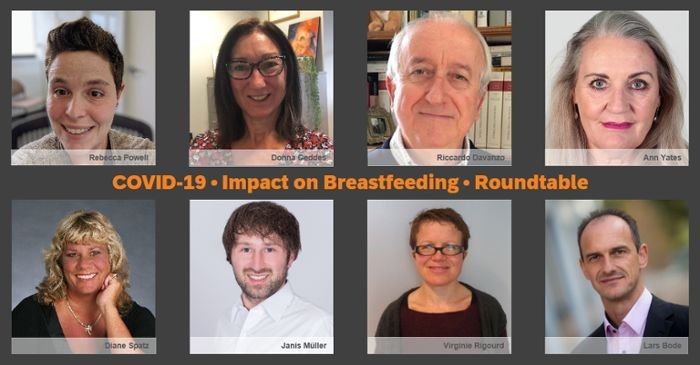
German roundtable
Another roundtable was conducted in Germany with Silke Mader, Aleyd von Gartzen, Ursula Felderhoff-Müser, Monika Berns, Vera Hesels, Prof. Dr. med. Michael Abou-Dakn, Thomas Kühn, Johannes Middelanis. They discussed the impact of COVID-19 on breastfeeding in Germany and concluded that breastfeeding should be promoted particularly in times of COVID-19, that the separation of mother and child should be avoided and that parents must be informed early on about breastfeeding and about suitable hygiene measures.
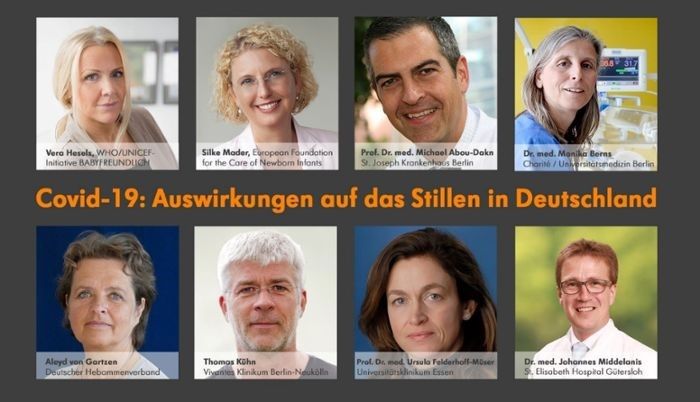
Medela 2020/21 webinar series on breastfeeding and lactation in the COVID-19 era
In order to provide the latest information and research results on breastfeeding, breast milk, safety and health of pregnant women, nursing mothers and their babies in the COVID-19 era, we have created a bespoke webinar series.


